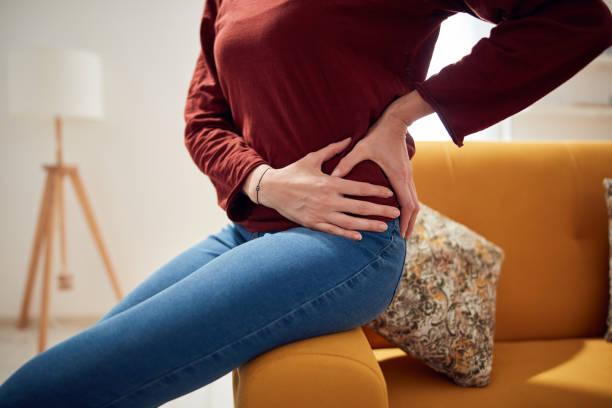
Hip pain can have various causes, from overuse and muscle strain to more serious underlying
conditions. While minor hip pain may resolve on its own with rest and self-care, persistent or severe
pain should be evaluated by a Chiropractor. Here are some general strategies to help manage and
potentially alleviate hip pain:
1. **Rest**: Avoid activities that exacerbate the pain and give your hip time to heal. Resting can help
reduce inflammation and prevent further irritation.
2. **Ice and Heat Therapy**: Apply ice packs to the hip for 15-20 minutes several times a day during
the acute phase of pain to reduce inflammation. After the initial inflammation subsides, you can use
heat therapy, such as a heating pad or warm towel, to relax muscles and increase blood flow to the area.
3. **Chiropractic Care**: A Chiropractor can accurately diagnose if the problem is a short-term soft
tissue problem or a more involved structural issue. Chiropractic and orthopedic tests can be performed,
as well as x-rays, to diagnose the problem more thoroughly. A corrective action plan can then be
properly created to correct or reduce the problem, as well as prevent further joint damage.
4. **Stretching and Range of Motion Exercises**: Gentle stretching exercises can help improve
flexibility and reduce stiffness in the hip joint. Focus on stretches that target the hip flexors, hamstrings,
quadriceps, and gluteal muscles. If stretching causes more pain while doing to stretch or more pain even the following day then call my office.
5. **Maintain a Healthy Weight**: Excess weight can put added stress on the hip joint, exacerbating
pain and inflammation. Maintaining a healthy weight through proper diet and regular exercise can help
reduce strain on the hips.
6. **Proper Posture and Body Mechanics**: Pay attention to your posture and body mechanics,
especially when sitting, standing, and lifting objects. Practice good posture to avoid putting unnecessary
strain on the hip joints.
7. **Use Assistive Devices**: If necessary, use assistive devices such as a cane or walker to reduce
weight-bearing on the affected hip and improve stability while walking.
8. **Modify Activities**: Avoid high-impact activities and exercises that exacerbate hip pain, such as
running or jumping. Instead, opt for low-impact activities like swimming, cycling, or walking.
9. **Orthotics or Supportive Footwear**: If your hip pain is related to alignment issues or foot
mechanics, wearing orthotic inserts or supportive footwear can help correct imbalances and reduce
stress on the hips.
10. **Pain Medication**: Over-the-counter pain relievers like ibuprofen (Advil, Motrin) or
acetaminophen (Tylenol) can help reduce pain and inflammation. Remember; these are only masking
the problem. While you may get some temporary relief, if the pain reappears then there is a bigger
underlying problem that needs to be addressed. Also, always consult with a healthcare professional
before taking any medication, especially if you have other medical conditions or are taking other
medications.
